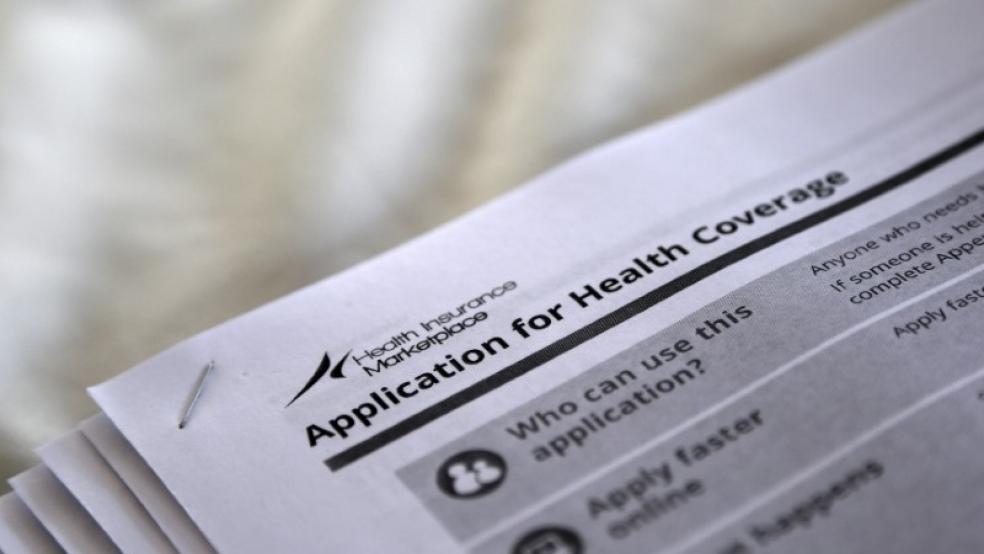Mick Mulvaney, the director of the Office of Management and Budget, said Sunday that the White House won’t make repealing the Obamacare individual mandate a must for tax reform. “If we can repeal part of Obamacare as part of a tax bill, and have a tax bill that is still a good tax bill that can pass, that’s great,” Mulvaney said on CNN’s State of the Union. “If it becomes an impediment to getting the best tax bill we can, then we’re OK with taking it out.”
The Congressional Budget Office has estimated that repealing the mandate would lead to about 13 million fewer Americans having insurance — and about $338 billion in federal savings over 10 years as the government spends less on Obamacare subsidies.
Like what you see? Sign up for our free newsletter.
But the real-world effects of repealing the mandate might be far more muted. A Kaiser Family Foundation survey released last month found that few people said the mandate motivated them to buy insurance, and 92 percent of people who buy insurance on the individual market said they would continue to do so even if the government stopped enforcing the mandate’s penalty, which tops out at $695, or 2.5 percent of income, whichever is higher.
“The mandate, in other words, may not be much of a stick, but the subsidies are a tempting carrot,” The New York Times’ Kate Zernike and Abby Goodnough report.
S&P Global Ratings projects that, without the mandate, the ranks of the uninsured would grow by about 3 million to 5 million over 10 years, and the federal savings would total $60 billion to $80 billion. “We’ve always said the mandate is ineffective; it’s such a weak mandate,” an S&P analyst told Politico.
The Congressional Budget Office says it is revising its estimates and its new projections are likely to be smaller.





